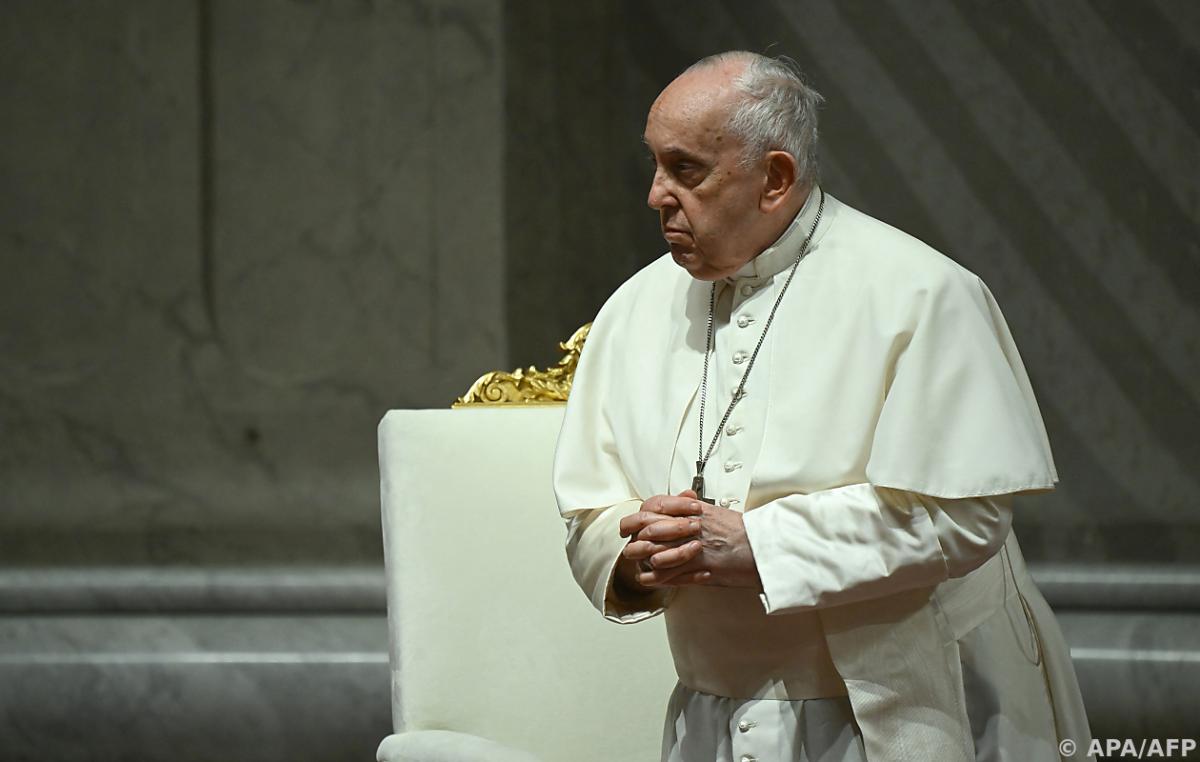The Universal Synod of the Catholic Church concludes on Sunday after three and a half weeks with a High Mass in St. Peter’s Basilica in Rome. Pope Francis will preside over the mass. The deliberations ended on Saturday evening without any concrete demands for reform. The participants adopted a final declaration that remained somewhat vague on the controversial points. There will be another meeting like this in October next year.
The global complex is considered one of the Pope’s most important projects. For the first time, among the approximately 350 voting participants were Catholic laypeople, including about 50 women. However, the vast majority still consisted of bishops. Most German Catholic representatives hoped for signs of the Church’s readiness for reform. Cardinal Christoph Schönborn and Archbishop Franz Lackner of Salzburg are participating from Austria, and Linz pastoral theologian Clara Antonia Cesare is among the invited non-voting theological experts and advisors.
The synthesis paper from the four weeks’ deliberations, which was approved overwhelmingly on Saturday evening, represents a roadmap for the church for the period until the next synod in the fall of 2024 “and well beyond,” Schönborn said on Saturday evening. Interview with Austrian media representatives in Rome, according to Cathapress. The Cardinal stressed that he was not taking home with him a paper from the Synod, but above all the experience of togetherness, which he “had not experienced in the Church for a long time.” He wanted to convey this experience of the Synodal Church.
Schönborn again praised the Synod’s style of discussion, which had an “amazing effect” with its strong emphasis on listening and responding to what was heard. He said, “The truth is that all these issues were put on the table openly, freely, and without fear of each other. I have never experienced it like this before.”
The Cardinal also stressed the importance of the new presence of women in the Synod Assembly. This had a huge impact on the consultations and “made a really big difference”.
At the synod, “much was discussed, and there was no ban on speaking,” Archbishop Lackner told Cathepress about the deliberations. Objectively speaking, from the early stages of the World Synod, which took place at the level of local churches and continents, “much of what was on the table was also brought back,” Lackner recalls — “and not erased.” “
The President of the Conference of Bishops described the synodal position that was being practiced as a central position. “The question is: How does it all fit together?” Here we have to broaden our perspective, look at the whole universal Church, bring things for change, but also make sure that the Church does not lose touch with its origins and listens to the Holy Spirit. Lackner added: “This is the mission of all of us, not just Rome’s mission.”

“Food practitioner. Bacon guru. Infuriatingly humble zombie enthusiast. Total student.”








More Stories
Kyiv: Russian Kursk offensive halted
US Presidential Election: Former US Government Officials Warn Against Donald Trump's Election
Netherlands wants to leave asylum system